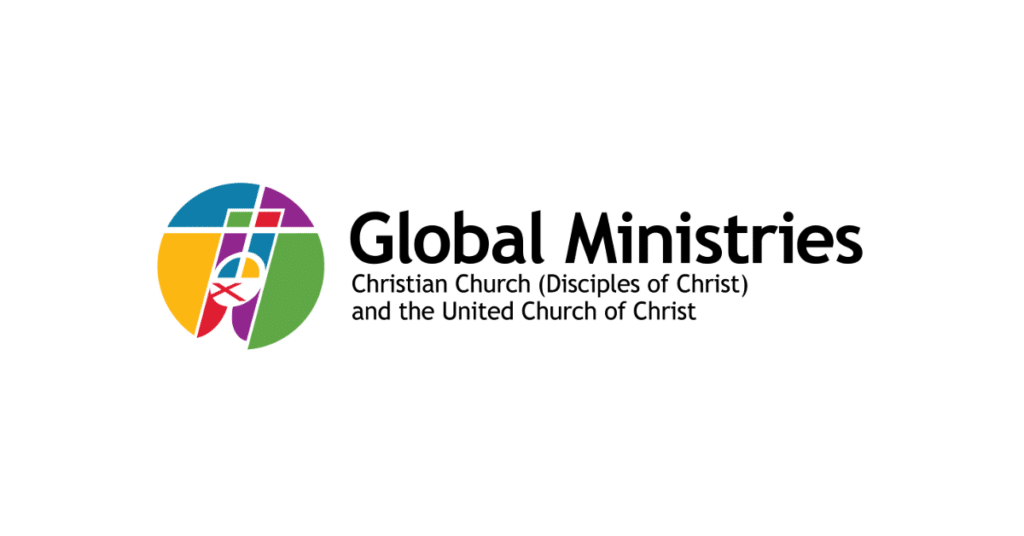Current Impacts of Changing U.S. Policies on Global Partners
Introduction and Overview
After taking office on January 20, 2025, President Trump began signing a slew of Executive Orders that outlined shifts in both domestic and foreign policy. Many of these orders have been challenged in courts and have faced pauses in implementation while the legal cases move forward. Though the outcomes of these cases remain uncertain, these Executive Orders point to a major shift in U.S. foreign and domestic policies and governance.
Of high concern to Global Ministries is how these orders will affect our global partners. Since the President has a high degree of control over U.S. foreign policy, we anticipate that the overall shift in strategy and priorities concerning foreign aid, refugee resettlement, immigration (both legal and irregular), national security, and relationships with other countries will move forward.
This policy shift is both isolationist and domineering in nature – demanding concessions from allies for past support (e.g. President Trump demanding privileged access to mineral rights in Ukraine as “repayment for military aid” [1]), withdrawing from intergovernmental institutions like the World Health Organization, and attempting to find quick deals for “peace” in complex and long-lasting conflicts [2] to redirect focus to domestic issues.

These changes will likely be long-lasting with impacts still unfolding. What we have seen is a major shockwave through the humanitarian aid system. The freezing of grants, the cancelation of contracts, the stopping of payments, and the dismantling of USAID and foreign aid programs in other government agencies have had an immediate effect on various global NGOs and faith communities providing life-saving humanitarian aid around the world.[3]
The United States, before January 20, 2025, was the world’s largest government donor to humanitarian needs. In 2024, the U.S. contributed $14 billion, 41.8% of all global humanitarian contributions [4], which is less than 1% of the total U.S. budget. Therefore, the stop-work orders and subsequent cancellation of grants and contracts by the Trump Administration has had an outsized impact on the ability to respond to humanitarian crises and provide life-saving aid.
All of this is happening in a world where violence and need are increasing, and humanitarian financing is in decline. According to the UN’s Global Humanitarian Overview 2025, an estimated 305 million people require urgent humanitarian assistance and protection. In 2024, only $23 billion out of the requested $49 billion in humanitarian aid was provided.[5]
Effect On Partners
Thankfully, as of April 2025, the suspension of foreign aid has had virtually no direct impact on global partners. Most partners are too small to receive direct funding from the U.S. government. Therefore, their budgets, staffing levels, and projects have not yet been affected by the cancelation of grants and contracts. Global Ministries is aware of one partner (Haigazian University in Beirut, Lebanon) who had to cancel trainings due to the end of their grants.
However, many partners work closely with larger NGOs, their governments, and other UN or intergovernmental agencies who do receive direct U.S. foreign aid and have seen an impact on their ability to carry out various programs and projects. We anticipate that partners’ ability to carry out future projects and programs will be affected due to their partnerships with these larger organizations. We also recognize that the loss of essential foreign aid and changing foreign policy will have a detrimental impact on the fundamental well-being and stability of other countries and communities where we have partners. Such impacts will inevitably affect our partners and those they serve over the longer term, and create anxiety about the future.
Africa
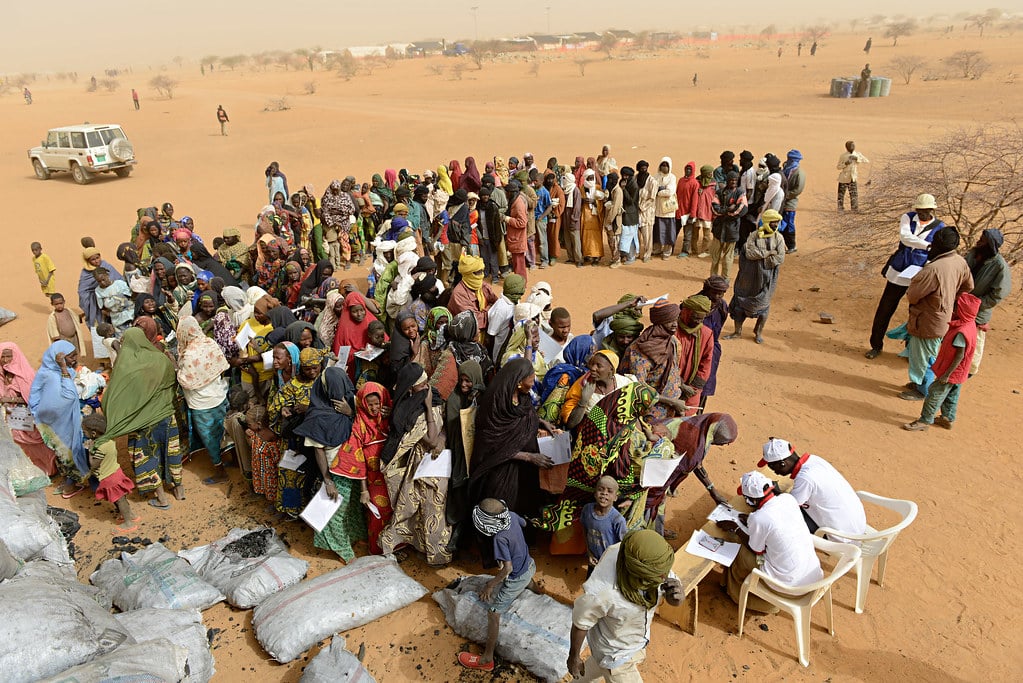
The U.S. withdrawal of participation and monetary support to the World Health Organization (WHO) and cuts to USAID have already affected and threaten future access to vaccines, grants for various public health initiatives, support for maternal and child healthcare, food security, and response to climate-induced disasters. The Community of Disciples of Christ in Congo (CDCC) has noted their ability to get mpox vaccines and testing kits to their health clinics in rural areas has been reduced due to funding shortages at the WHO. The consequences of this withdrawal of support will profoundly weaken healthcare systems and exacerbate socioeconomic conditions, resulting in higher unemployment rates, increased poverty, and worsening food insecurity.
The freezing of the President’s Emergency Plan for AIDS Relief (PEPFAR) funds for HIV/AIDS treatments will have a particularly devastating impact in Africa, potentially leading to an estimated 8.7 million people newly infected with HIV, 6.3 million AIDS-related deaths, and 3.4 million children made orphans.[6] While life-saving aid can continue under a waiver announced by Secretary of State Rubio on January 29, including treatment for HIV, the long-term future of PEPFAR funding is in question, and the trust of impacted communities in the U.S. government has been severely damaged.[7]
East Asia and the Pacific
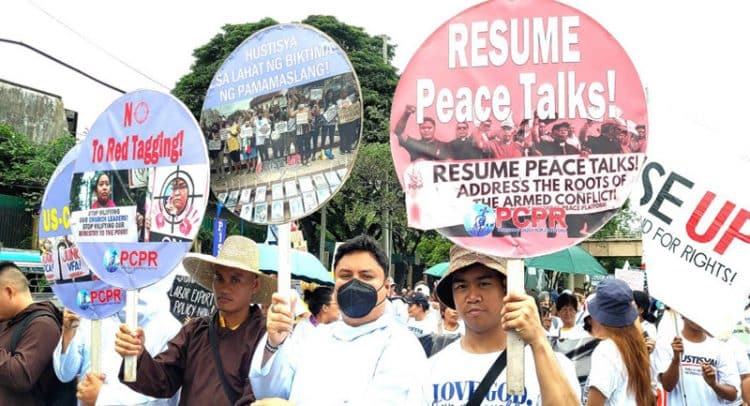
Partners in the East Asia and Pacific region are closely watching the increasing tensions between the U.S. and China. One ongoing concern is the long-term increased militarization of the region since the Obama Administration’s “pivot to Asia.” In the Executive Order signed on January 27, 2025, called “Iron Dome for America,” the President requested the Secretary of Defense to review how the U.S. and its allies and partners can increase cooperation on missile defense technology, improve the missile defenses of deployed troops, and increase the provision of U.S. missile defense capabilities to allies. This may result in more missiles being placed at U.S. bases in Japan, South Korea, the Philippines, Guam, and other Pacific Island bases – a move strongly opposed by our partners in these countries. In addition, the Philippines was one of only two countries whose foreign aid (specifically military aid) was exempted from the overall pause, despite the long, documented history of the Philippine National Army and National Police committing human rights violations with U.S.-provided weapons.[8]
Latin America and the Caribbean
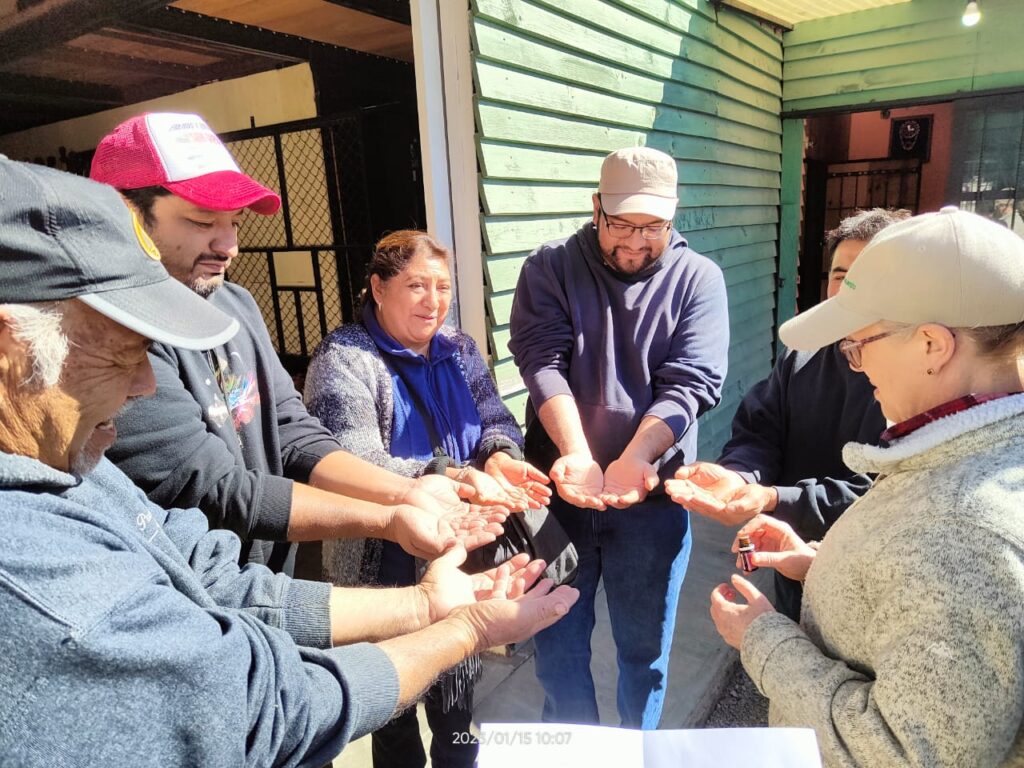
Partners in the Latin America and Caribbean region have not seen a high rate of success of USAID projects and programs and they have a mixed view of U.S. foreign aid and U.S. government interference in their domestic politics and conflicts. Justapaz notes that USAID has a history of funding both peace and war in Colombia. However, they are watching closely how this will impact the Colombian government in its efforts to implement the 2016 Peace Accords, since that implementation has historically mostly been funded by USAID. Approximately 70% of Colombia’s Humanitarian Plan was funded by the U.S. in 2024.[9]
Partners in Mexico are closely watching the implementation of tariffs and the effects on their economy. Partners in other countries in the region are anticipating the negative economic impact of mass deportations that have been threatened, as remittances from migrants in the U.S. make up a high percentage of many economies across the region. While mass deportations have not yet occurred, there appears to be a bipartisan consensus that more needs to be done to crack down on irregular migrants, so funding for Immigration and Customs Enforcement (ICE) and Customs and Border Protection (CBP) is likely to increase. This will allow for more detention and deportations of migrants.
Middle East
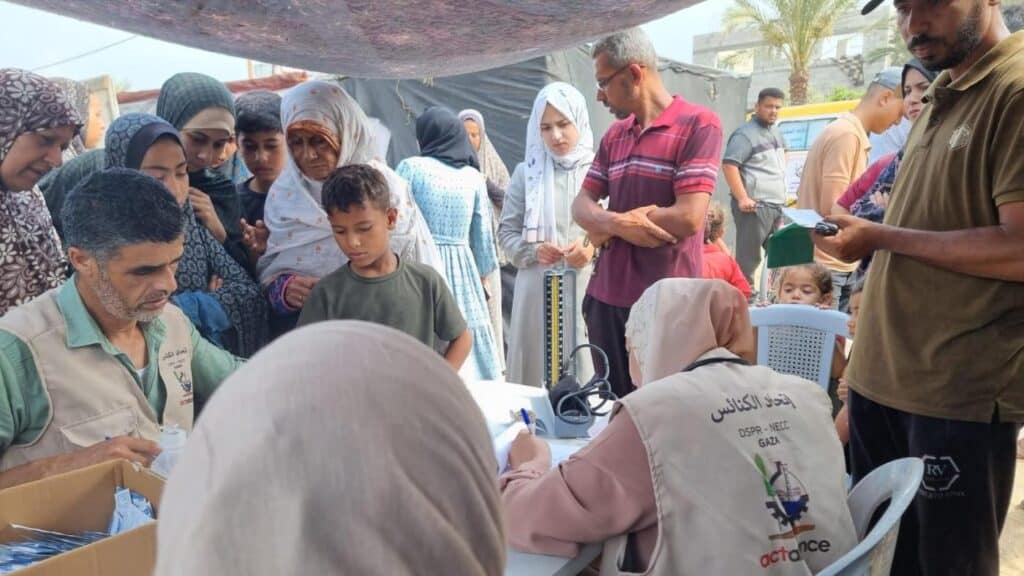
As of early April 2025, only a few partners in the Middle East have been affected by the U.S. government cuts. Haigazian University in Beirut, Lebanon used to receive small amounts of funding for some faculty training and career counseling services. It has had to cancel some of the trainings but is otherwise unaffected. The Middle East Council of Churches (MECC) has received funds through other organizations that have had U.S. government funds cut, but the MECC has received permission from those organizations to continue to implement related programs for now.
The U.S. defunding of the UN Relief and Works Agency (UNWRA) and the question of its legal status under new Israeli laws leave its long-term status unclear. If it’s forced to stop work, it will have a devastating effect on the Palestinian populations it serves. It is one of the largest employers of Palestinians (around 24,600 people, 90% of total UNRWA staff) in areas where there is already a high unemployment rate. It provides services for just under 6 million registered Palestinian refugees, including running 711 schools that serve 540,00 students, 141 primary health-care facilities that have 6.9 million patient visits each year, providing humanitarian relief to 1.8 million people, and a total of $25 million to 29,100 microfinance loans.[10] The impact of potentially decreased UNRWA capacity will be felt by other agencies, such as the Department of Service for Palestinian Refugees of the Middle East Council of Churches (DSPR). DSPR is also among the organizations that have implemented the World Health Organization’s polio vaccination campaign in Gaza. With the U.S. ending support of the WHO, the potential impact on campaigns like this remains uncertain.
Southern Asia
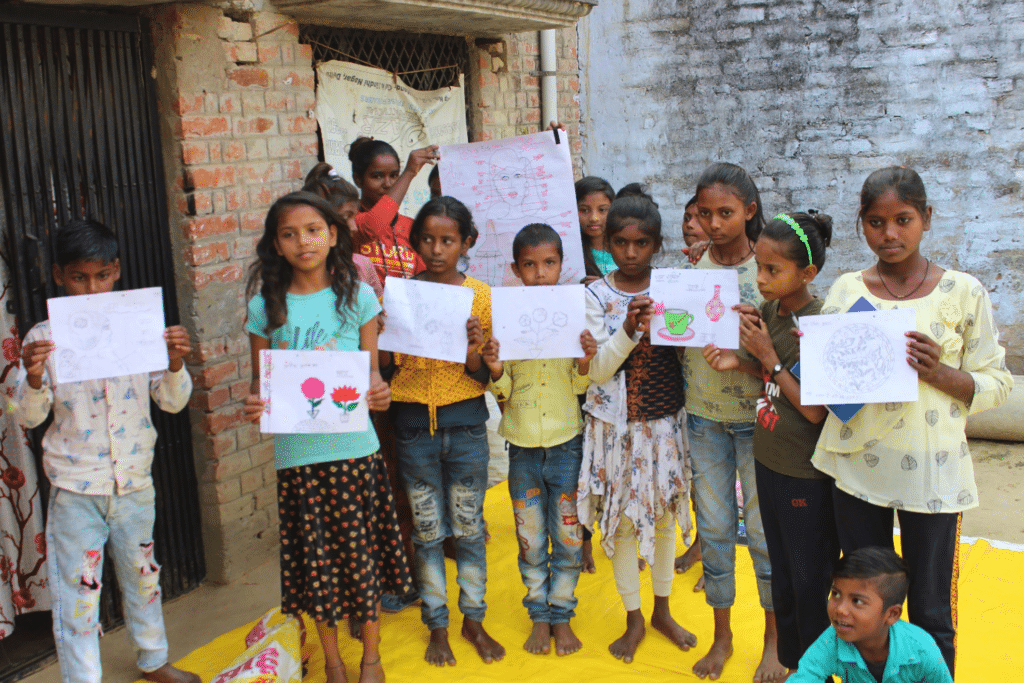
Partners in the Southern Asia region are closely watching the political situations in their countries as their governments respond to the Trump Administration. They are concerned that there may be an increase in human trafficking as people face increased economic uncertainty and therefore become more vulnerable. However, the impact of these policy changes will take some time to really be felt by partners in the region.
Conclusion
All partners are currently assessing how they might expand, shift, and/or adjust their projects and programs to meet the needs of the communities they live in and serve due to the cuts in U.S. foreign aid. So, while they are not immediately impacted by aid cuts from the U.S. government, their communities and countries will experience long-term effects that will surely cost lives and livelihoods and make situations worse for those already struggling due to war, poverty, disease, and climate change.
Ways to Act
Pray – Pray for peace, understanding, compassion, and the spreading of God’s love to everyone around the world, including our elected officials. Share Global Ministries’ weekly prayers in your church or use them in your prayer rituals.
Donate – Support Global Ministries’ partners through general gifts to Global Ministries, or designated gifts for specific partners, countries, themes, or projects. Our steadfast accompaniment of partners and our financial support of their work offers an important counterpoint to harmful U.S. policy decisions and disinvestment.
Act – Tell your members of Congress that funding humanitarian aid is a priority for you as a person of faith who is called to feed the poor, care for the sick, and work for peace for all of God’s children regardless of where they live. Ask them to restore funding for critical programs and organizations like PEPFAR and UNRWA, and support foreign policies grounded in cooperation and diplomacy.
Educate – Raise awareness about the global impact of the Trump administration’s policies in your church and partner with local organizations working in your community on an important issue so you can learn about the local and global effects.
[1] https://www.reuters.com/world/europe/memorandum-ukraine-us-minerals-deal-could-be-signed-thursday-zelenskiy-says-2025-04-17/
[2] https://www.reuters.com/world/us-ready-abandon-efforts-broker-russia-ukraine-peace-deal-rubio-says-2025-04-18/; https://www.reuters.com/world/with-his-promises-peace-unmet-gaza-ukraine-trump-may-find-iran-just-tough-2025-04-18/
[3] https://www.thenewhumanitarian.org/news/2025/02/19/irc-cutting-thousands-staff-after-us-aid-freeze
[4] International Council of Voluntary Agencies, “Lives on the Line: The human impact of US Foreign Aid Shifts”, March 2025, https://www.icvanetwork.org/uploads/2025/03/Lives-on-the-Line-Final-Report.pdf
[5] United Nations, Office for the Coordination of Humanitarian Affairs, “Global Humanitarian Overview 2025”, December 2024, https://www.unocha.org/publications/report/world/global-humanitarian-overview-2025-enarfres
[6] https://www.breakingnews.ie/world/hiv-infections-could-leap-six-fold-if-us-support-dropped-un-chief-says-1728286.html
[7] https://www.unaids.org/en/resources/presscentre/pressreleaseandstatementarchive/2025/february/20250201_us-funding
[8] U.S. Department of State, 2023 Country Reports on Human Rights Practices: Philippines, https://www.state.gov/reports/2023-country-reports-on-human-rights-practices/philippines/
[9]United Nations, Office for the Coordination of Humanitarian Affairs, https://fts.unocha.org/countries/49/summary/2024
[10] United Nations, UNRWA, “UNRWA in Action”, July 2024, https://www.unrwa.org/sites/default/files/unrwa_in_action_2024_eng_v3.pdf

